The political parties in India try to outdo each other in luring the Indian voters with assorted goodies called freebies. This trend has gained more momentum in recent times with the political parties being innovative in their offerings as the ‘traditional free water and electricity is no longer sufficient as election goodies. The political dialogue built around freebies is fraught with danger as it shakes the root of free and fair elections to a large degree. The unviable pre-election promises adversely affect the informed decision-making by voters. This calls for fixing the gaps in the design, execution and accountability of freebie culture.
<iframe src="https://www.youtube.com/embed/UsqCAkRAke0" width="560" height="314" allowfullscreen="allowfullscreen"></iframe>
In fact, the country has already suffered a great deal of damage because of freebies. Unfortunately, all parties, including the Bharatiya Janata Party (BJP) and Congress, indulge in irresponsible populism and mad welfarism. While there can be justification for free education and healthcare, there can be no justification for the distribution of grinders, washing machines, television sets, laptops, subsidised pilgrimages, free electricity, farm loan waivers, and so on. It is not that nobody earlier warned against the consequences of populism. It is a “race to the bottom” and “a quick passport to fiscal disaster.”
FREEBIE THREATEN TO HURT INDIA’S STORY?
The results are for all to see. A recent RBI study said, “We can identify a core subset of highly stressed states from among the 10 states identified by the necessary condition i.e., the debt/GSDP ratio. The highly stressed states are Bihar, Kerala, Punjab, Rajasthan and West Bengal.” GSDP is the state GDP. The states with the highest debt-to-GSDP ratio in 2021-22 include Punjab at 53.3%, Rajasthan at 39.8%, West Bengal at 38.8%, Kerala at 38.3% and Andhra Pradesh at 32.4% whereas the Fiscal Responsibility and Budget Management (FRBM) Act recommended a debt-to-GDP ratio of 20% for state governments (40% for the Centre) by the financial year 2022-23. This level of debt is extremely concerning and is largely the result of committed expenditure and subsidies under populist schemes coupled with slow growth in revenues.
Most of the states, however, post a healthy picture of their finances which is aided by the fact that much of the borrowing that funds these freebies happens off-budget, beyond the pale of FRBM tracking.
A case in point is Latin America which provides key learning lessons on populist politics. Populism was active during the 1920s through to the 1970s, when the working poor united behind icons like Brazil’s Getúlio Vargas and Argentina’s Juan Perón over their dissatisfaction with industrialisation. Populist governments resorted to inflationary financing to grant benefits to the poor. By the 1980s, uncontrolled public spending resulted in excessive fiscal deficits, unsustainable public debt and intractable inflation. Latin America’s ‘Lost Decade’ followed. Growth, at 5.6% in the 1970s, shrunk to 1.3% and stagnated for another decade. By the 1990s, inflation had reached 1,000% in countries like Brazil, and the poor suffered exponentially. Large economies including Mexico, Argentina and Brazil languished, and up to half of Latin Americans slid into poverty. It will augur well for India and its political stakeholders to imbibe the lessons of Latin America and how the first generation of fiscal reforms introduced in Latin America introduced political stability in the early 2000s. Going down the same path as Latin America may result in a ‘lost decade’ for India also.
ROADMAP
Since getting elected is not a license to kill, the elected representatives must not act arbitrarily. The system of monarchy and practicing democracy have a distinction wherein in the latter system, the leader is accountable for all the actions while in the office including the finances and its management. In India, many regional and even national leaders consider themselves the incarnation of god. The reckless way these leaders spend public money is just unacceptable in an orderly society and there have to be reasonable restrictions to be imposed on them while they systematically corrupt the society by offering freebies over quality governance, just to safeguard the macro interest of the society and the growth of the country.
Prashant Tewari Editor-in-Chief







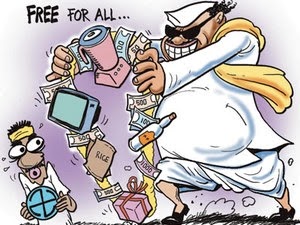
 OpinionExpress.In
OpinionExpress.In




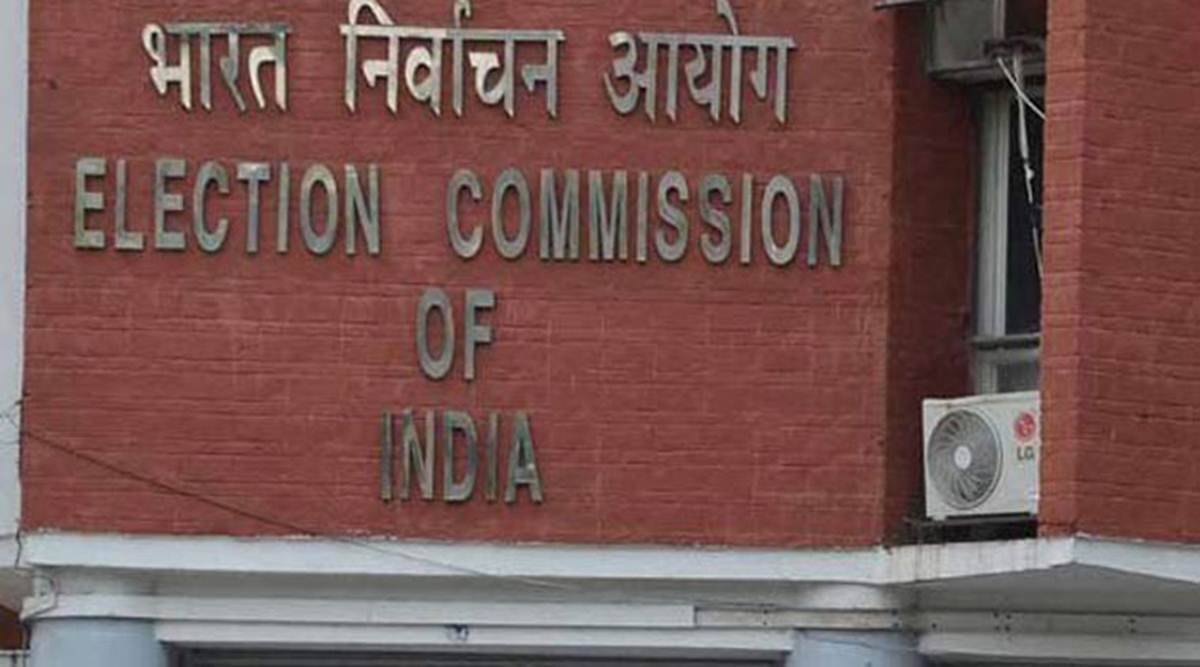
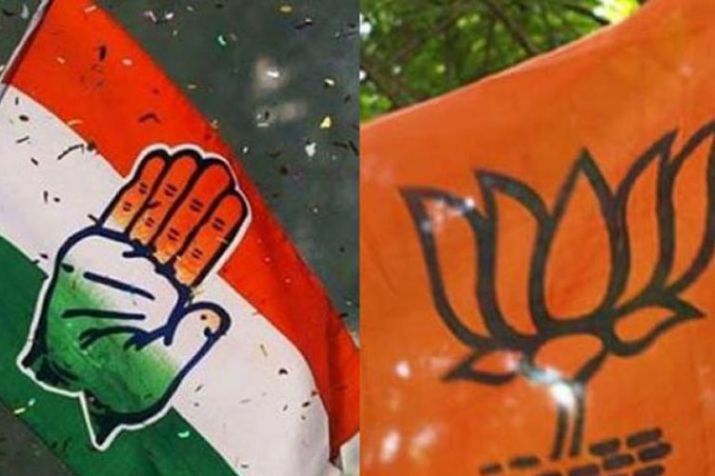
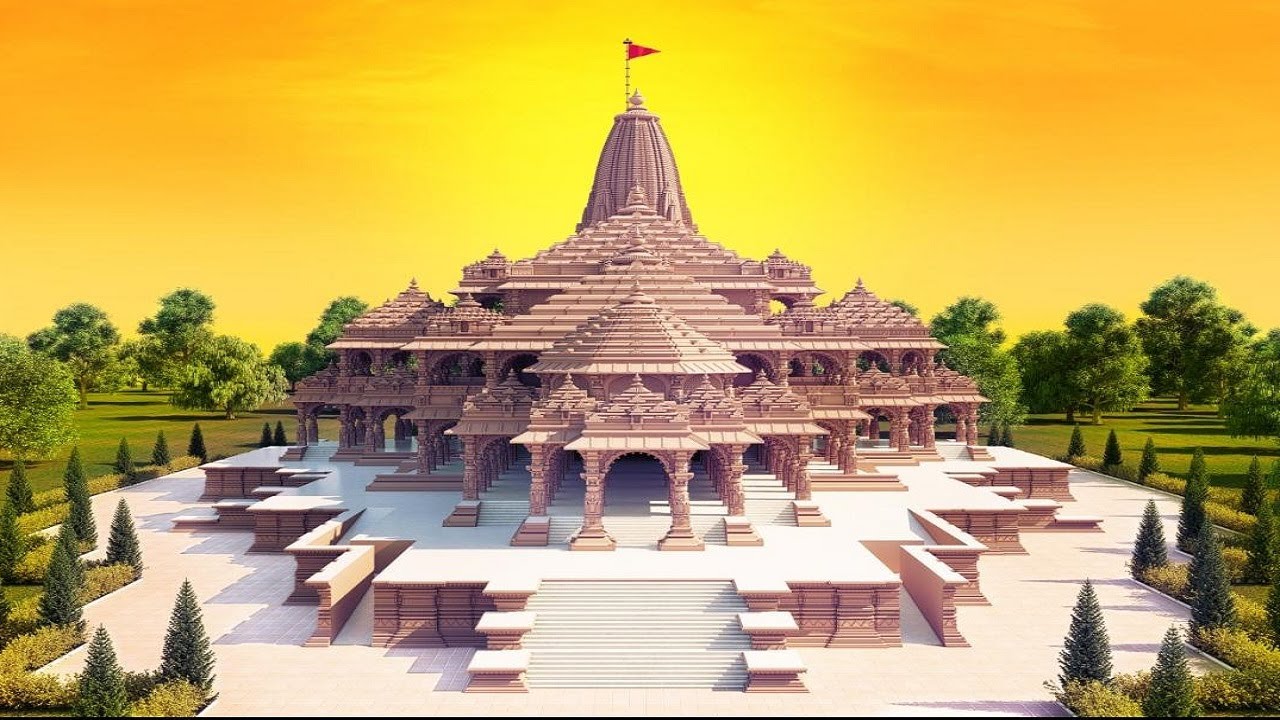
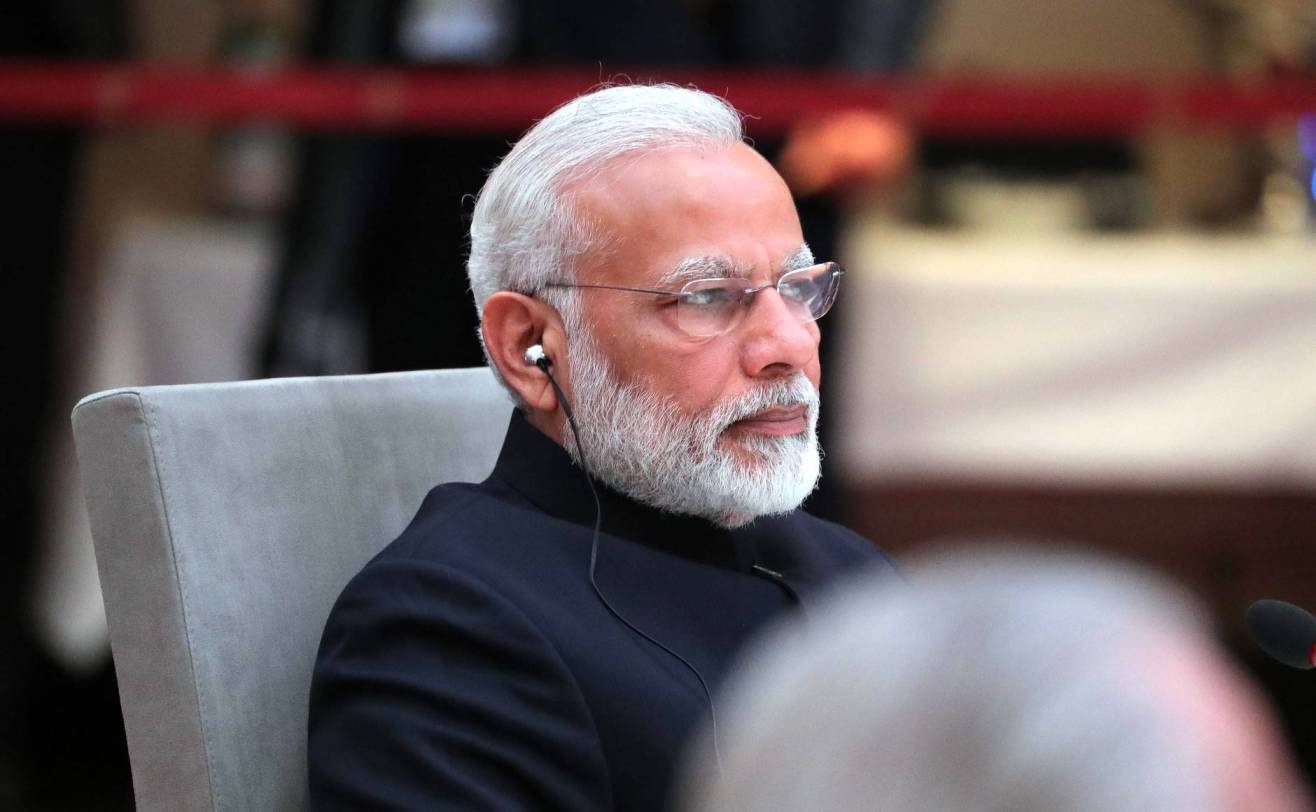







Comments (0)